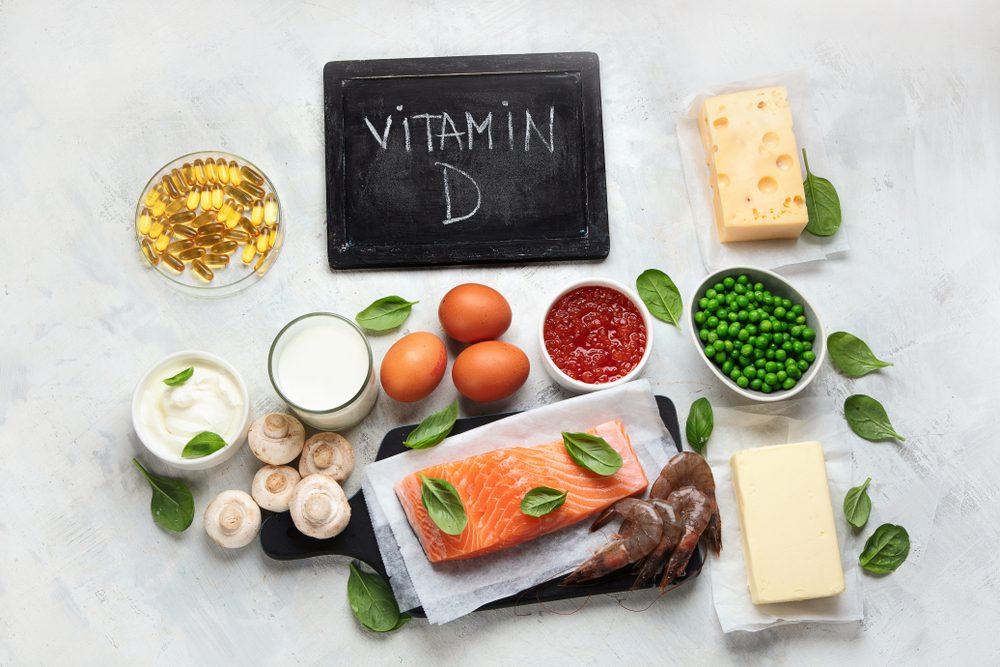
Vitamin D
Vitamin D enhances calcium absorption in the body, protects bones and also prevent bone diseases like osteoporosis. People resort to vitamin D supplements because it is very difficult to get the correct amount only from food.
But just as anything else that is bad for us when it’s excessive, taking too many vitamin D supplements can be harmful. For healthy people, vitamin D blood levels higher than 100 nanograms per milliliter can activate extra calcium absorption and lead to muscle pain, abdominal pain, kidney stone and increase the risk of heart attack and stroke.
To achieve a healthy amount of vitamin D, it is recommended to alternate supplements with food that is rich in this vitamin.
Hydrogenated Oils
We’ve tackled before the risk of over-using supplements, the damage they can cause to our health when combined with other medications. What we didn’t mention is the risk of finding in our supplements some toxic ingredients we avoid. For example, we might avoid eating margarine for its hydrogenated fats, but did you know that you can find those fats in some supplements as well?
For example, soybean oil is partially hydrogenated, and it’s among the list of major fillers in the majority of vitamins today. Unless the soy is organic, you can be sure you’ll find soy genetically modified. So why are we being served supplements that contain dangerous ingredients? Because they’re cheap fillers. You’d better work on having a healthy diet rather than taking horse sized pills that are a threat to your health.














6 Responses
great articles. very informative
Excellent information! Very helpful to know the impact of these supplements.
I take 10 grams of vitamin C whenever i go out. Thats 10,000 mg. it prevents me from catching the wuhan virus.
I’ve practiced this since March 2020. In the body vitamin C converts to hydrogen peroxide. When a molecule of virus enters my bloodstream it meets a tsunami of hydrogen peroxide and dies.
Wow
Unless very high doses of vit c are taken via IV treatment, u will never achieve the levels that u r casually refering to…. This is regardless of the amount of vitamin C u take orally. When taken orally the levels remain quite low. Stop spreading skewed information.
I take Krill oil (omega 3) and vitamin D. (esp. in winter) Don’t agree on those, the others yes.